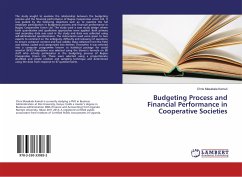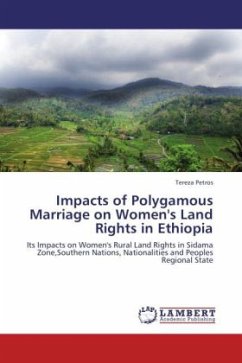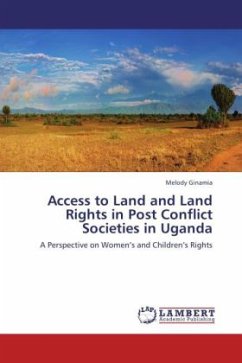The book is divided into four main parts. The first part deals about background, problem statement and objective of the study. Part 2 discusses methodological issues of the study. In this part, detailed explanations on sampling techniques, data collection procedures and analytical procedures are provided. Part 3 examines and discusses about socioeconomic, institutional and administrative impacts of the Ethiopian charities and societies legislation on civil society/nongovernmental organizations' development interventions. The final part summarizes the findings of the study and gives possible recommendations and coping mechanisms.
Bitte wählen Sie Ihr Anliegen aus.
Rechnungen
Retourenschein anfordern
Bestellstatus
Storno








